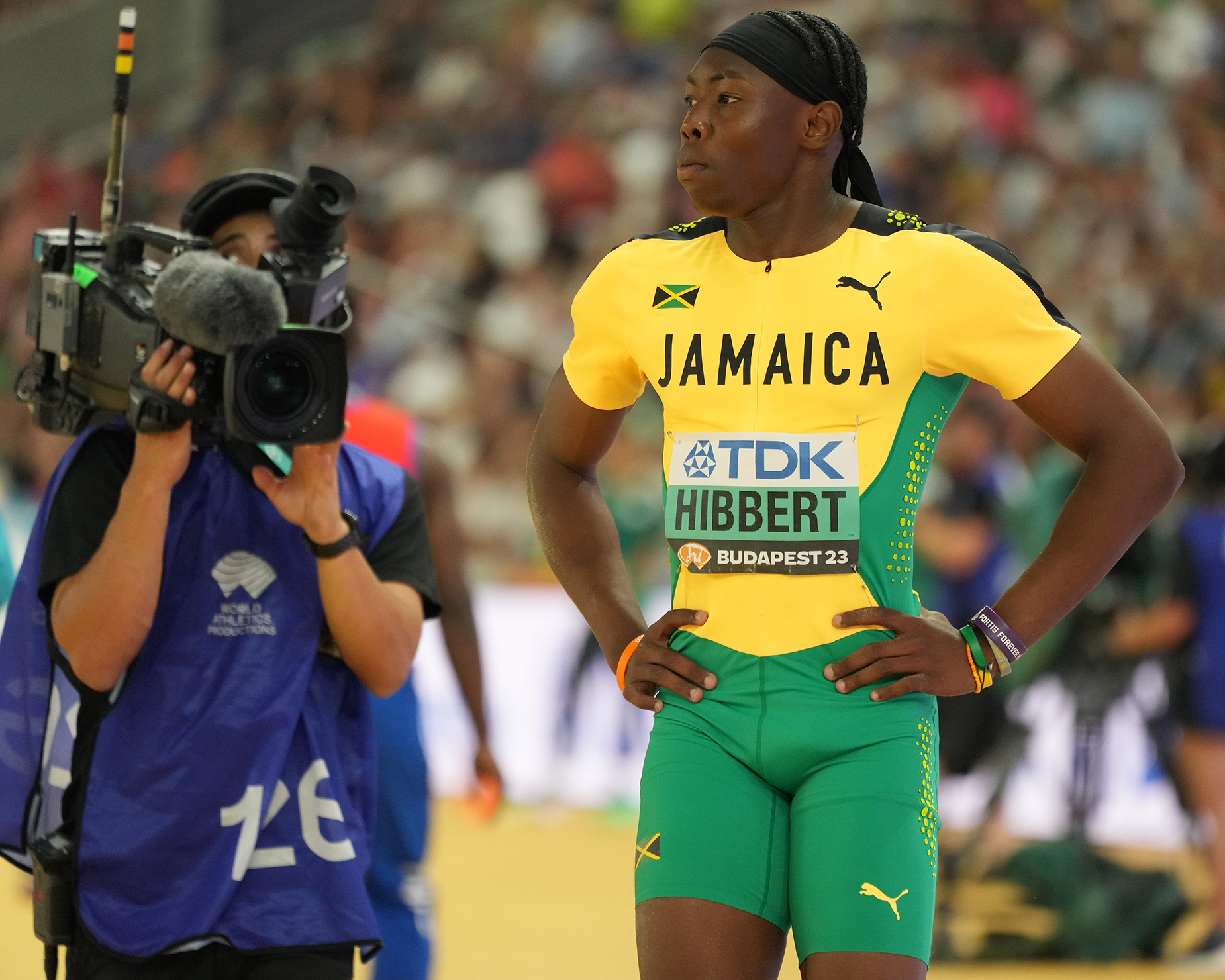Will the policy of leniency if dopers give valuable information help track & field?
I am reading about WADA rule considering the reduction of ban by up to 75%, the ability to keep earnings and potential secrecy if one is willing to give valuable information. I wonder if this will help track & field. Alternatively, will it provide additional incentive for athletes to use performance-enhancing drugs?
Athletes that are clean and lose their rightful reward of glory and earnings to unscrupulous athlete (s) do we expect them to accept this policy. It sure is hard to accept that after training for 6 days per week, sometimes 3 times per day, going through the agony of exhaustion, sometimes vomiting on the track and to find out your glory was stolen by someone taking short-cut through doping.
If all it takes for an athlete that get caught is to give up someone significant and still retain his earnings and escape the pariah treatment reserve for positive testing, do you think he would not do it? Are we to believe that athletes when caught and are willing to give up others suddenly develop scruples? The idea of getting access to the system of doping sounds wonderful but will it help athletes that got cheated out of the chance to enjoy the glory they lost?
Reliving an Olympic victory that was denied is impossible. Enjoying athletic accomplishments are best done when one is collecting ones medal on the rostrum before the crowd at that moment in time. It cannot be achieved after the crowd leave, the television sets turn off and a public announcement is made that the tainted athlete is caught or found out.
If leniency is going be a part of doping control then make the punishment extremely harsh so that a reduced sentence can be significant. One cannot deminish deterrent measures just to find out a doping system. There will be athletes willing to get over without doing the hard and difficult work necessary to achieve success the right way. If all it takes is a limited suspension and the ability to keep ill-gotten gains, then potential dopers will find doping a winning situation for them. Without significant punishment, the fight against doping will be a lost cause. An athlete that willingly takes performance-enhancing drug will not generally have conscience issue after giving up cohorts.
The saying that “there is no honour among thieves” stands and will thrive under this standard of “light punishment if you are willing to give us something”. This strategy might lead down the road of publicity stunt instead of something that really curbs unethical behaviour of consuming illegal performance enhancing drugs’. More importantly, an athlete that got caught might give information based on rumours he or she hears or vindictively say things about another athlete when in fact it is could only be guilty by association or completely false.
There should be a balance between justice for those who suffer lost to unscrupulous athletes and enticement given for information that leads to hidden doping system. Without a proper balance and close to as rigid a standard as possible, we will find the situation of different federation doing things according to the level of their maturity or to the level of how harshly they view performance-enhancing drugs or how much pressure the media enforce on them.
Many have a cynical view of the top sprinters performance and if WADA implement this 75% reduction on punishment policy when the maximum sentence will be 4 years, cynicism might increase significantly. For a sport like track and field to thrive and grow, great performances have to be seen as more likely legitimate rather than illegal drugs induced.
This current system of enticement to those who are caught using illegal performance-enhancing drugs regardless of who they gave up will only swell the ranks of the sceptics. In my humble opinion, a harsher overall penalty is necessary which makes a reduced sentence significant. A one-year sentence for a major offense like anabolic steroid regardless of the information given, will not sit well with most fans. Public outcry is not good for any sports; track and field is not at the stage where negative coverage or negative views can be overcome easily.
**The views expressed in this article are those of the author (Robert Taylor) and do not necessarily represent the views of, and should not be attributed to, TrackAlerts.com.












